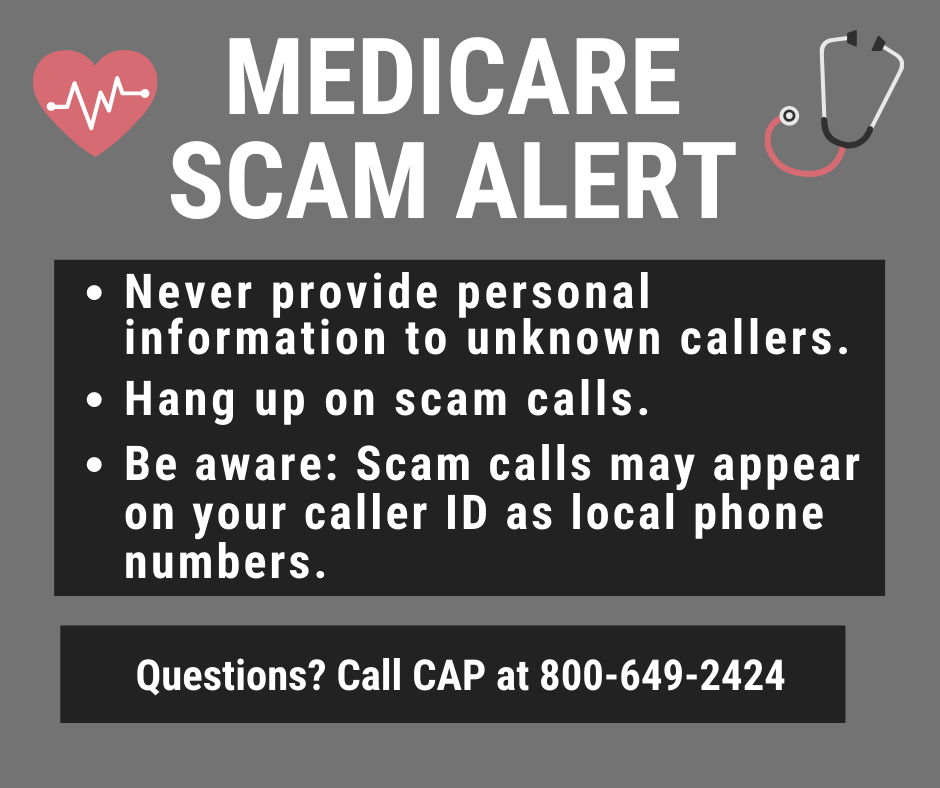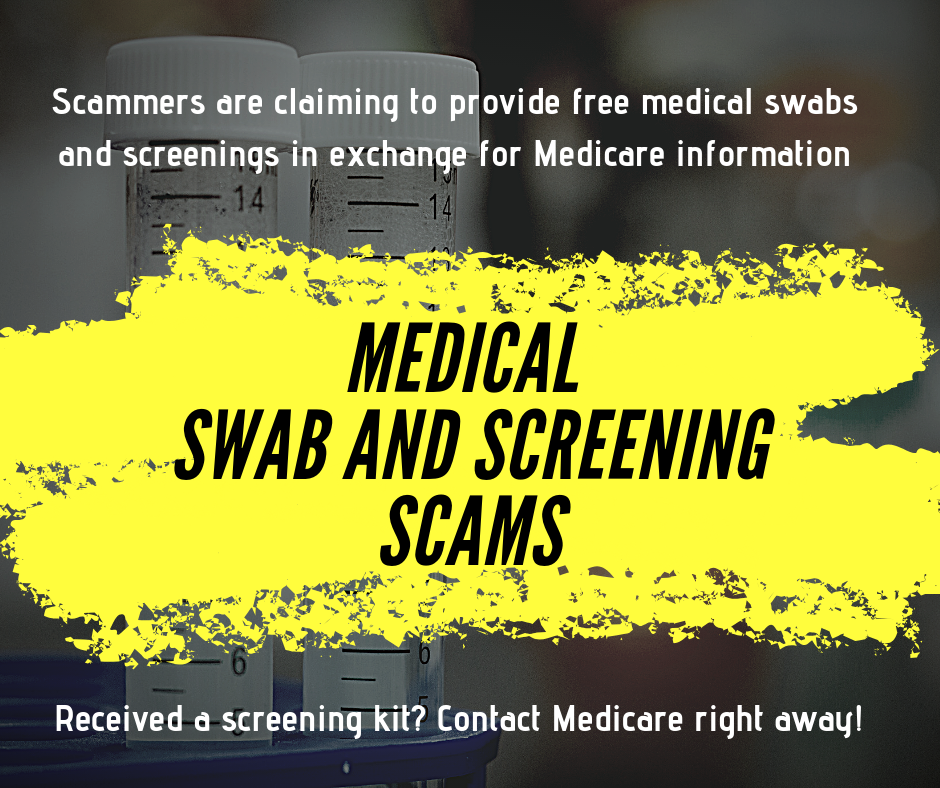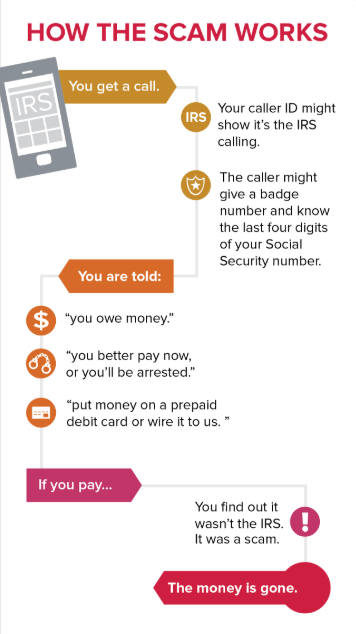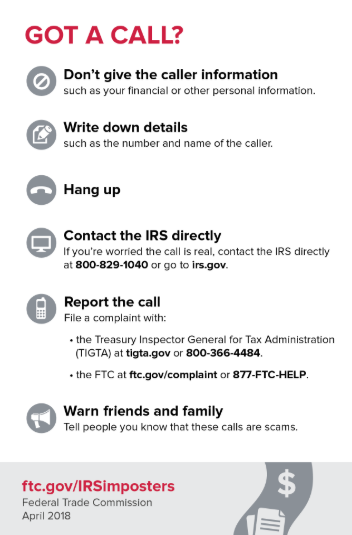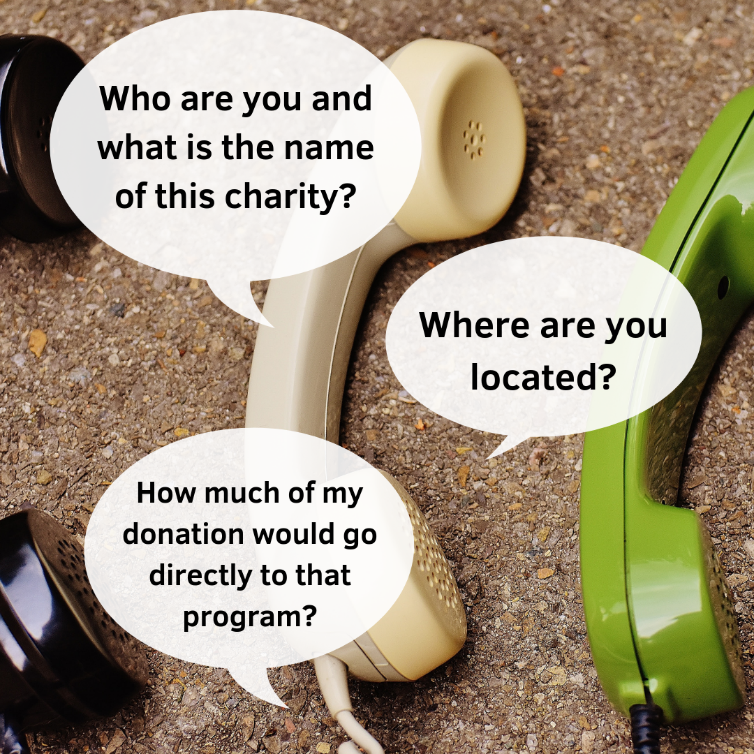This week, during National Consumer Protection week, our staff members are opening up and sharing stories of when they were scammed. Because no one is invincible to being #scammed. Let’s keep the dialogue moving, share this post and your own scam stories and lessons learned.
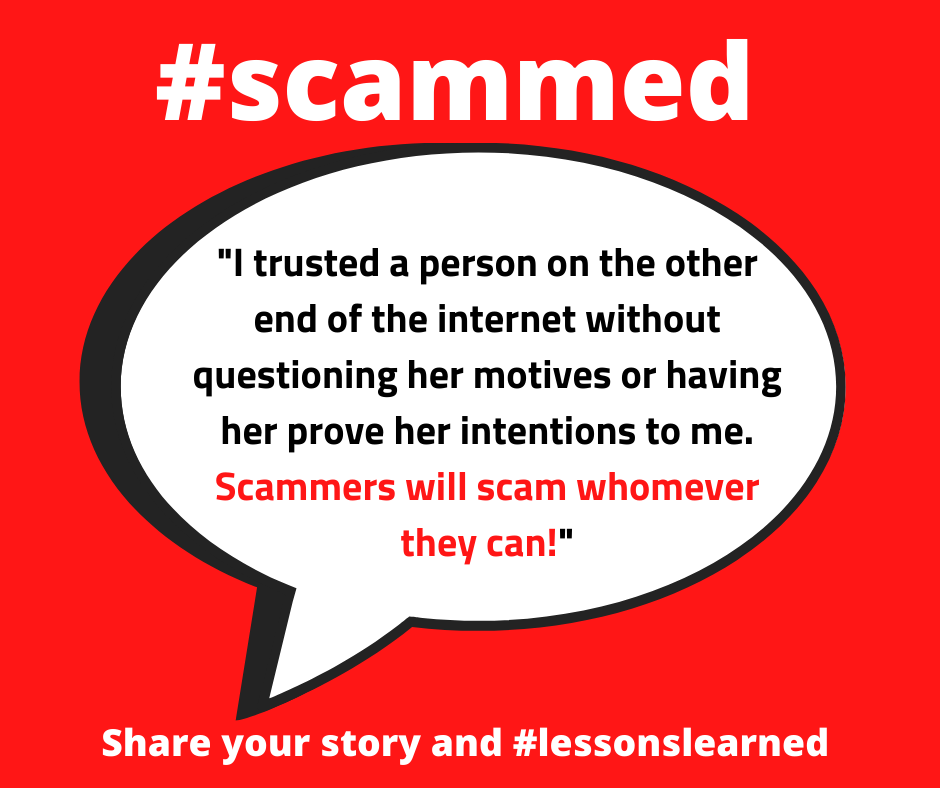
I’ll never forget the first time I was scammed. Yes, there was more than one time. And, though the world might expect that because I have an advanced degree and am now a consumer topic expert that I could never be scammed, I assure you I can. And, I know I am not alone in this. In answering the CAP hotline, I often hear scam victims say “I know better. I’m a [fill in the blank]. I am so ashamed.” I’ve heard this line from professors, financial analysts, doctors, computer programmers—the list goes on. No one is invincible to the scam artist.
The mindset that we are invincible, however, and that we won’t be scammed is a surefire way to get scammed. My personal fault is that I trust in humanity. Perhaps my Vermont upbringing is at play here. I live my day-to-day life anticipating that those around me do not intend to harm me and that I could trust and rely on them if I needed to. If I extend kindness and honesty, the same will be returned.
Early in my professional career, a colleague and friend got a kick out of “Tickle Me Elmo.” I mean, who didn’t? The commercials showed the squeaky voice character laughing and shaking with great glee. I planned to buy her one for her birthday, but like many prized items, I could not find it for sale anywhere. So, I took to eBay. The site had many listings, some new and some used, all pricey, except one. It was advertised as new and, in the box, and the price was right— so right some might say it was too good to be true. I checked the seller’s ratings and she had 99% positive ratings. I thought that was pretty good. I agreed to “buy it now” as opposed to betting my luck with the auction option and in a few clicks the Elmo was set to be mine.
After I agreed to the purchase, I got a notice from the buyer that I had to pay with a money order, or cash. I sent a postal money order as instructed and never received my item. I filed a dispute with eBay. The seller claimed, “someone must have stolen it” (My packages were never stolen.) and the item didn’t arrive because I had a “weird military address” (I did not have a military address). My eBay account ended up getting restricted because the seller complained about me for having posted a negative review. I believe the company has since changed their policies. I asked the Post Office what I could do about the lost money order and package. They told me I could do nothing; I was scammed.
Having never met the eBay seller, I trusted her to fulfill her end of the agreement as I had completed mine. Having the mentality that I wouldn’t be scammed contributed to the reason I ultimately was. I trusted a person on the other end of the internet without questioning her motives or having her prove her intentions to me. Scammers will scam whomever they can. I know now there are several things I could have done differently. We can practice healthy skepticism by asking questions to make informed decisions.
Here are my scam lessons learned:
- Question offers that are too good to be true.
- Do a deep dive into online seller’s ratings. (When I later looked at buyer comments, I noticed others had complained of the same problem).
- Before paying, demand proof that the item exists. One option is having the seller send multiple pictures with a specific word documented next to it.
- Only pay for online purchases with a secure and trusted method of payment, like with a credit card or known transmitter.
- Never pay for online purchases with cash, money order, bank check, personal check, wire transfer, gift cards (outside the merchant’s website), peer-to-peer payment, bitcoin, and any other option that is not a credit card or known transmitter, like noted above.
Once I was scammed, there are more things I could have done to identify the scammer to authorities and prevent others from being victimized:
- File a complaint with the Consumer Assistance Program about eBay’s dispute process and this seller.
- Notify the US Postal Inspector regarding the cashed money order and report the address of recipient.
- Report the issue to the police.
Over the years, eBay scams have adapted. The most common eBay scams we hear about at CAP now involve communication outside the eBay site and a demand to pay with gift cards. Others report replying to an eBay email or searching for eBay in a browser and being sent to a lookalike eBay website. Always check the site you are on and take steps to validate it. Never complete the transaction outside of the store website. Always be suspicious if a seller requires a specific form of payment, even if it’s eBay gift cards and it looks like you are on the site.
Have you ever been scammed? Tell us about it. Share this post and your own scam stories and lessons learned. The best form of prevention is awareness.
Contributing Writer: Crystal Baldwin

